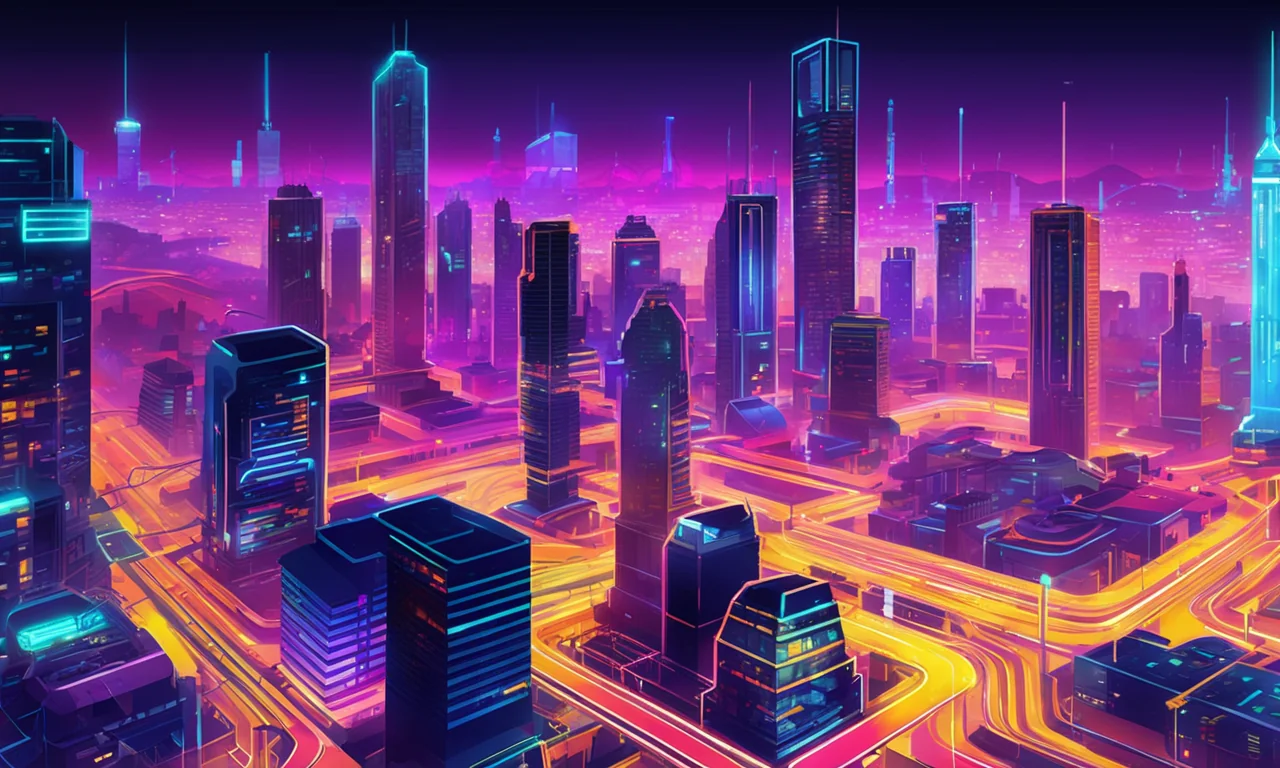
Indie Game Innovation Accelerates Amid Calls for Creator Equity
The surge in tech advances and policy debates is reshaping compensation and access in gaming.
Today's Bluesky discussions in #gaming and #news reflected a dynamic blend of creative industry debates, tech innovation, and indie game enthusiasm. Community voices connected the value of artistic labor, the evolving role of government in gaming, and exciting shifts in the indie scene, with contributors highlighting both systemic challenges and moments of progress.
Creative Industries: Value, Exploitation, and Government Stance
The conversation was sparked by a provocative reflection on how the products of arts degrees fuel billion-dollar sectors, even as their foundational education is publicly devalued. In one widely circulated post, the community questioned recent statements from political leadership, noting that the value of creative labor is often recognized only when it threatens established industries. The debate touched on whether industries reliant on art should compensate creators more equitably, as seen in the ongoing discourse about arts degrees and industry reliance.
"It's ironic that an industry being funded by billions each year has to be subsidized by starving artists."- @davenewb.bsky.social (181 points)
This theme of protecting creators extended to the indie game development space, with posts like the endorsement of a new resource that could help indie devs avoid exploitation. The recommendation, described as a "must-bookmark," underscored a desire for empowerment and transparency, as highlighted in the advocacy for developer resources. Meanwhile, the UK government's passive approach to payment processor pressures on game stores, as reported in recent policy updates, fueled calls for more proactive support in safeguarding gaming commerce.
"Well then they'd better fricking MAKE plans."- @aeriavelocity.dev (8 points)
Innovation and Access: Tech Advances and Indie Momentum
Bluesky users celebrated the accessibility of gaming, spotlighting recent releases and tech improvements that lower barriers for players and creators. The announcement of a DRM-free launch for SILENT HILL f on GOG and the news that System Shock 2 will be bundled with its remaster were greeted as consumer-friendly moves, reflecting a preference for ownership and preservation over restrictive digital rights management.
"Sucks that it's getting delisted, but great that they include it in the remaster. Every remaster, especially 20+ years, should include the original. It's not like they are gonna make money on a delisted/too old game anyway."- @ducklie.bsky.social (2 points)
On the technical front, the rollout of new features in the Nexus Mods app further opened doors for cross-platform modding, especially for Linux and Steam Deck users. Hardware enthusiasts were encouraged to "push the limits" with the newly released ASUS ROG Strix G16 Gaming Laptop, signaling ongoing innovation in gaming tech. These updates were matched by celebratory posts about indie and co-op titles: PICO PARK: Classic Edition becoming permanently free, the unique genre fusion in Vice: Magic City Mayhem, and the latest Chernobots demo update, all highlighted the vibrancy and experimentation driving today's gaming scene.
Every subreddit has human stories worth sharing. - Jamie Sullivan